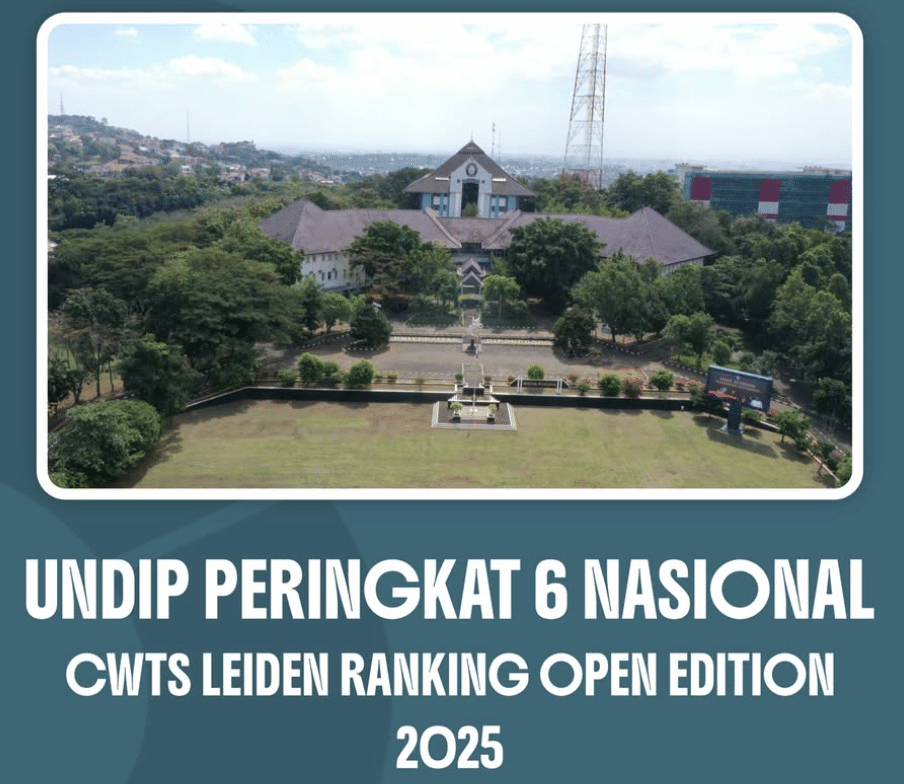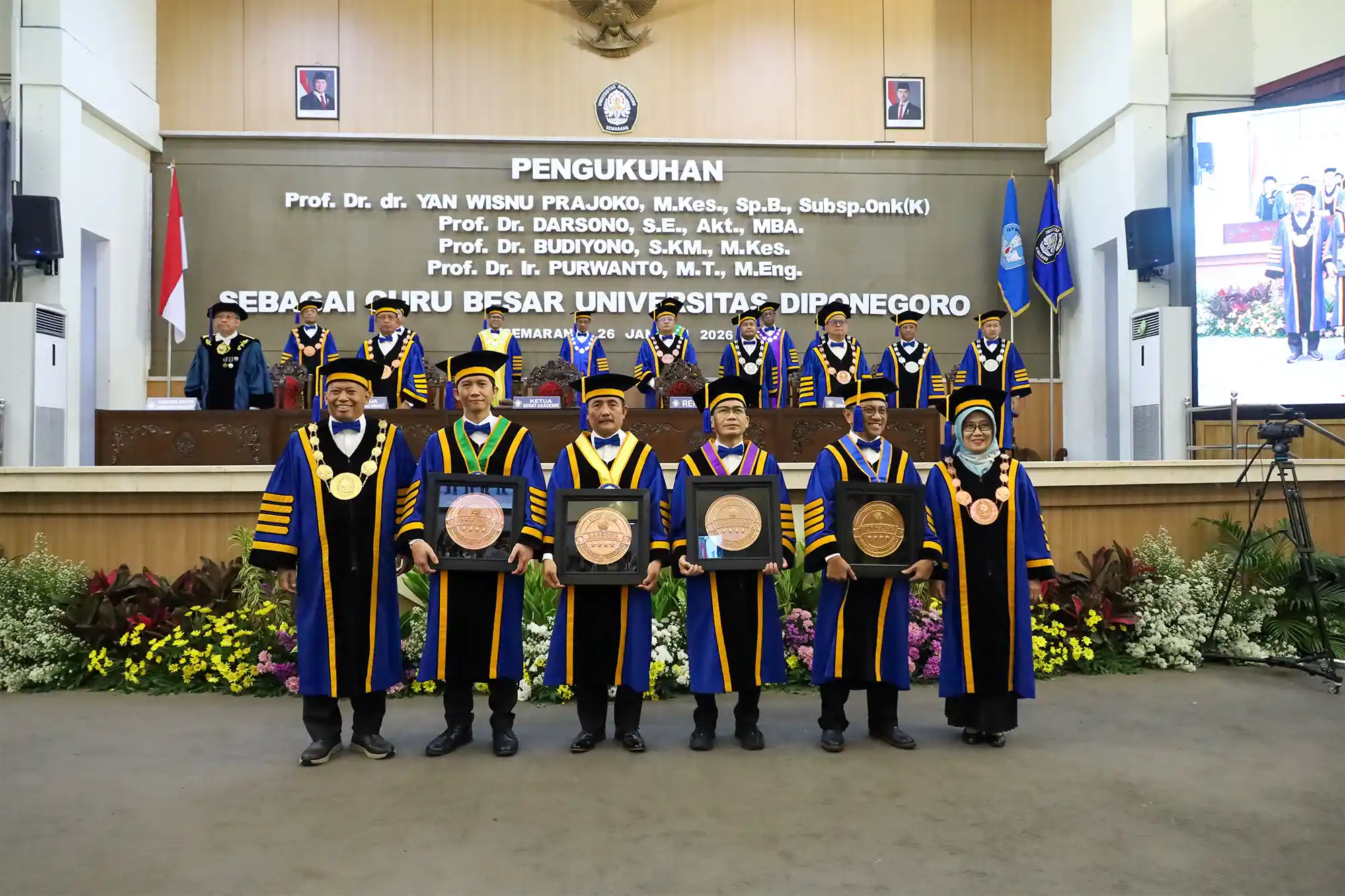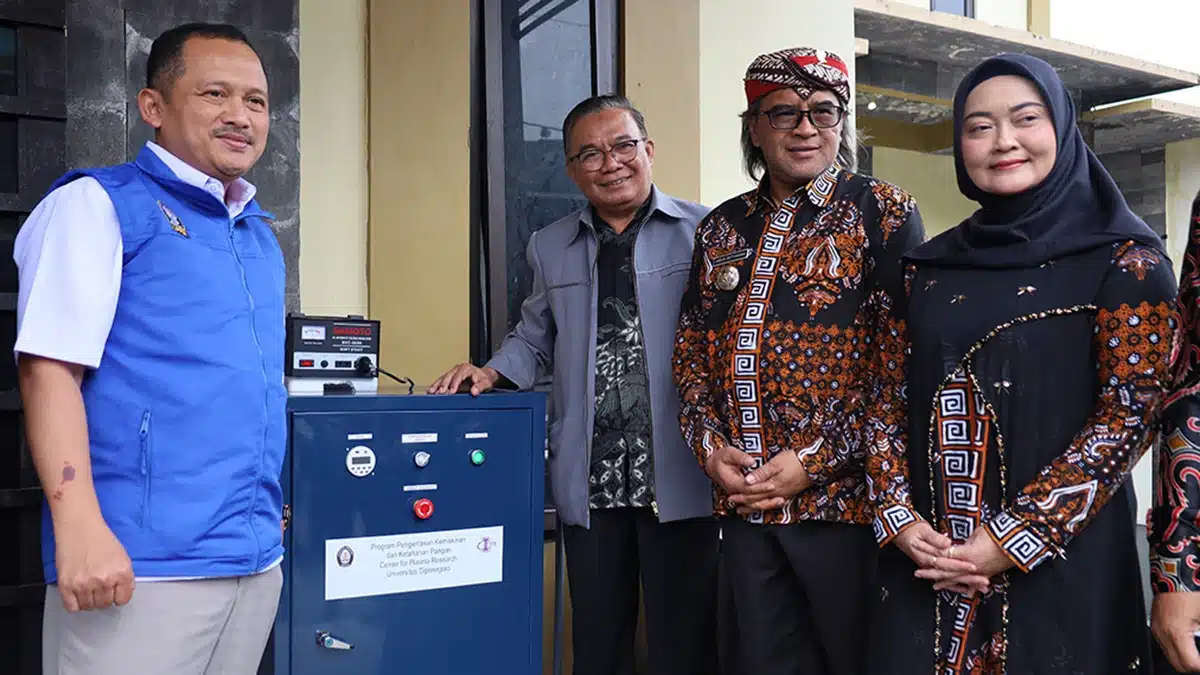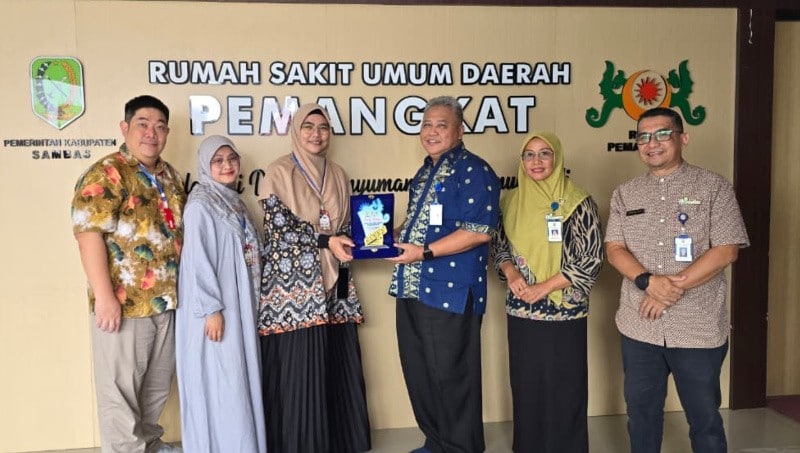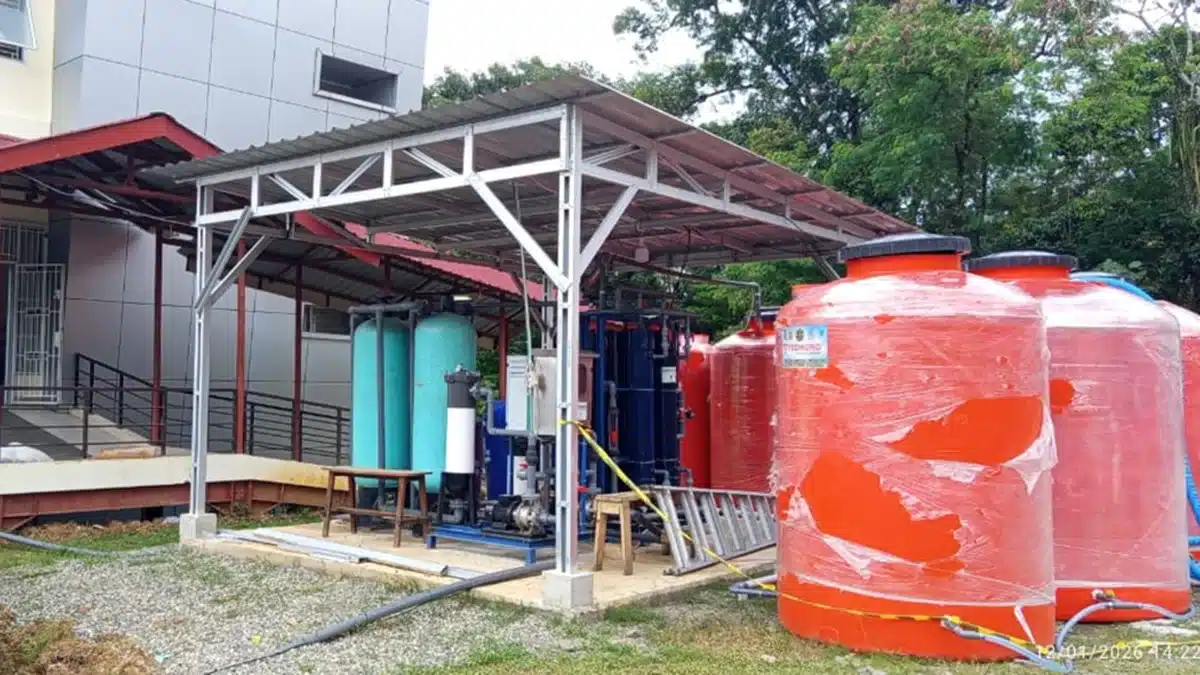Tegal Regency, Central Java- Along with the times, economic growth and development play an essential role in the welfare of society. The part of Micro, Small, and Medium Enterprises (MSMEs) has a significant meaning for a region, especially as one of the drivers of regional economic growth. The existence of MSMEs is one way for a region’s creative products to be recognized to provide business opportunities for business actors. In this regard, MSMEs can also be an excellent place to create jobs so that their existence can improve the quality of life of people directly involved in the establishment of MSMEs.
In this case, related to the increasingly advanced development of information technology, the economic value of an MSME product is no longer determined by raw materials or production systems but rather by the utilization of creativity and the creation of innovations. However, problems often arise when creativity and innovation are not matched by the ability of financial capital or the equipment used, as well as difficulties in marketing, so MSME products still need competitive quality and prices that can compete in a broader area. This situation is similar to the problems faced by several MSMEs in Karangmalang Village, Kedungbanteng District, Tegal Regency. Whereas MSMEs owned by Mrs. Suherni and Mrs. Khadiroh have limited capital and marketing capabilities, the products they create cannot be developed optimally because their production scale is relatively stagnant.
Departing from these problems, Diponegoro University’s Community Service (KKN) Team II students who were placed in Karangmalang Village, Kedungbanteng District, Tegal Regency, encouraged students to assist in improving the quality of products created by MSMEs by managing permits and innovating related to product packaging. The mentoring activities were carried out jointly by students from various departments and faculties in a multidisciplinary work program, namely “Development of MSMEs in Karangmalang Village through Packaging Innovation and Issuance of Product Certification.”
The implementation of this work program began by conducting consultations and research by several students with the Tegal Regency Health Office on July 11, 2023, regarding the flow of permits for the Home Industry Food Production Certificate (SPP-IRT) and consultations regarding some matters that could be socialized to the public, mainly to MSMEs in Karangmalang Village. In addition, several other students also consulted with the Tegal Regency halal assistant regarding the procedures for obtaining halal licensing for food products produced by MSMEs.
After the consultation, it was concluded that MSMEs in Karangmalang Village who could be assisted regarding SPP-PIRT licensing and halal certification were Mrs. Khadiroh and Mrs. Suherni, who, in their daily activities produce banana chips, kembang goyang, fried dumplings, and several types other chips.
The assistance is carried out in stages, starting with an application for submitting a Business Identification Number (NIB) in the Risk-Based Business Licensing System through the Online Single Submission (OSS) System. After the NIB is obtained, an application for a business permit is made following the Industrial Field Standard Classification (KBLI) and ends with submitting the SPP PIRT. On the other hand, regarding halal licensing certification, data was collected on the raw materials used by Mrs. Suherni and Mrs. Khadiroh in producing chips. After obtaining data on the raw materials used, it is submitted to the Tegal Regency halal assistant to offer halal certification.
Not only that, but Undip Community Service students also helped innovate MSMEs products packaging by making packaging label designs and providing more attractive packaging. Labeling is done by providing complete product information, such as product name, composition, net weight, production date, expiration date, and contact number for ordering. Apart from that, to support the broader marketing of these products, students also helped make labels in two languages, namely Indonesian and English. The bilingual labels relate to the internationalization of MSMEs products to compete in a global market.
With this work program in the form of assistance, it is hoped to increase the competitiveness of MSMEs in Karangmalang Village. The licenses granted can raise and increase public confidence in the products produced by MSMEs, both related to materials and the manufacturing process. Apart from that, making a label is also a form of optimizing the marketing of a product so that the product can be more easily recognized and found by people. The hope is that this permit assistance will encourage MSMEs to increase their productivity to boost the economy of the people of Karangmalang Village.






